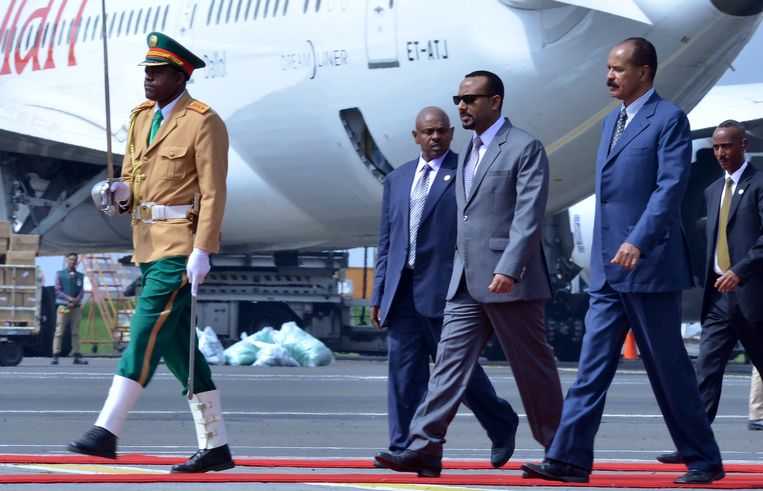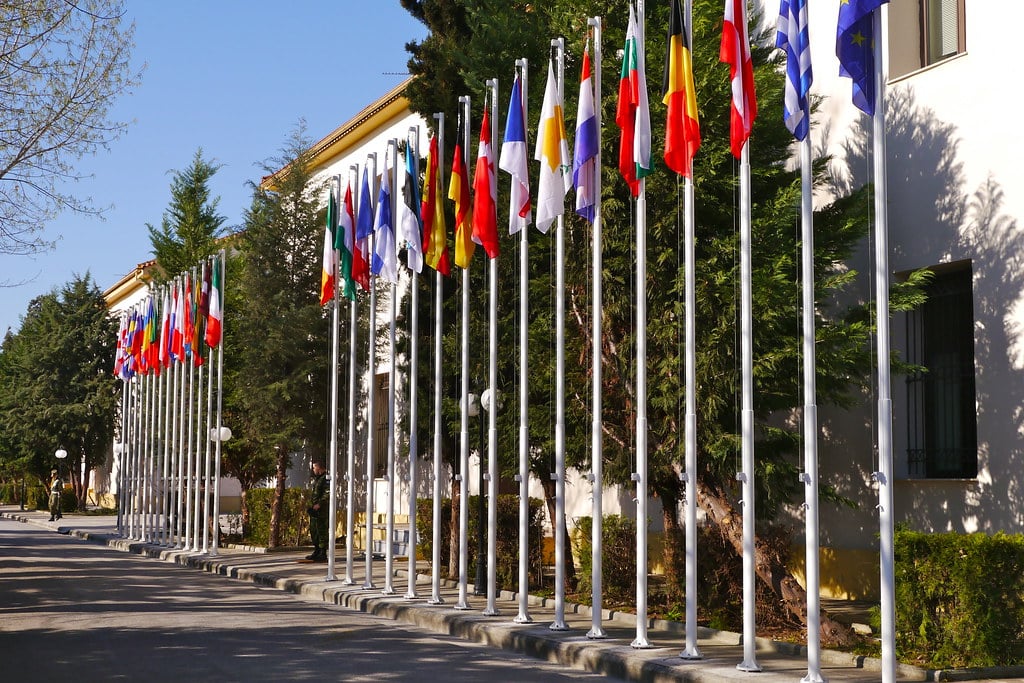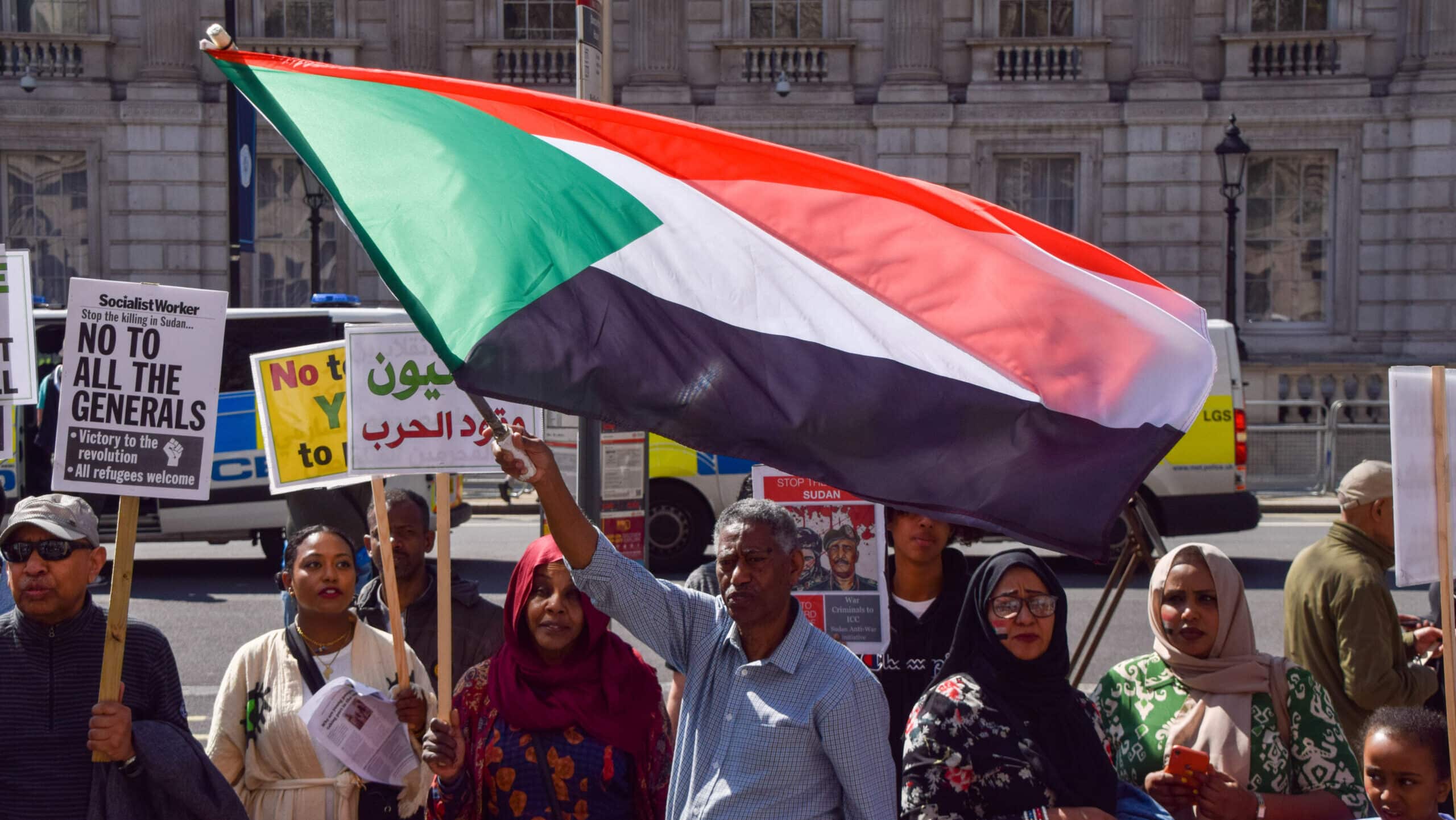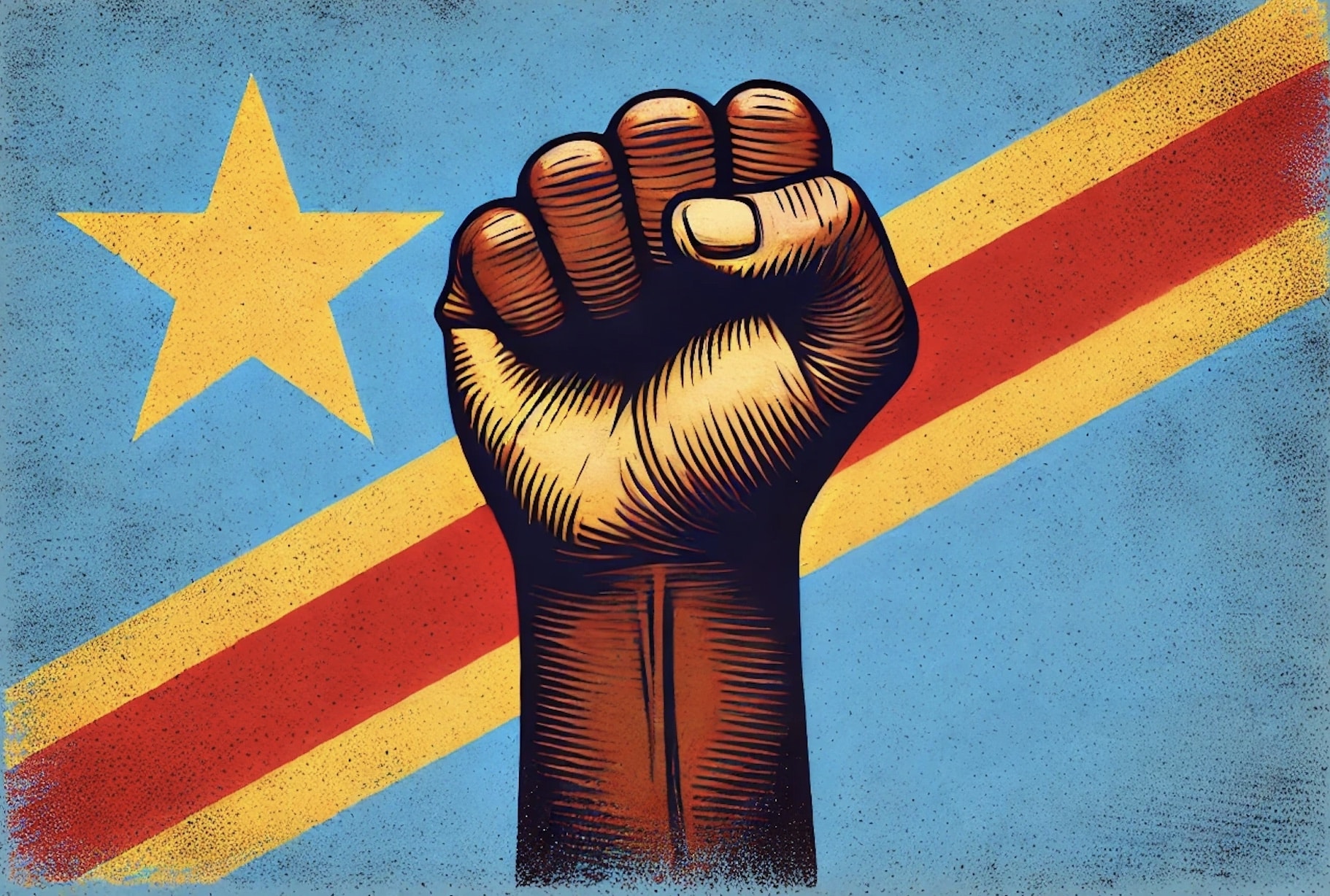In September 2018, Ethiopian Prime Minister Abiy Ahmed and Eritrean President Isaias Afwerki signed a declaration of peace and friendship: a 'kiss of peace' between neighbouring countries that were until recently each other's arch-enemies. Celebrating witnesses included UN Secretary General António Guterres and Saudi Crown Prince Mohammed bin Salman.
The Western media mostly shouted "Hosanna!" about the rapprochement between Ethiopia and Eritrea, but who were really the architects of the rapprochement between the two arch enemies? Was it the peacefulness of the two heads of state themselves, or were Arab godfathers, and their money and power, at play in bringing the two closer together? This question is relevant not only to understand what is happening in the Horn of Africa today, but more importantly what the implications for the future might be in terms of who ultimately benefits from the rapprochement, the African population in the Horn, or the Arab rulers and their subjects in the Gulf states.
Mutual feuds and rivalries
Even before the peace kiss was a reality, several articles and reports by the likes of the Clingendael Institute already for the dominant role of the various Arab states and their mutual feuds and rivalries, in both the present and future of the Horn of Africa. And when there was actual talk of the 'kiss of peace', Martin Plaut (of the Institute of Commonwealth Studies in London) wondered whether it is not, or will prove to be, simply a Pax Arabica. In that case, there is a peace that has need for money as its foundation, and willing Arab donors who will provide a friendly African hinterland need for their war in Yemen. In that war, Gulf states like Qatar and Iran and their allies face Saudi Arabia, the United Arab Emirates and their allies. In view of Yemen, the Horn of Africa is of great military-strategic importance for these Gulf states. Moreover, there are economic interests at play and they want to secure for themselves the exploitation of the vast but still untapped oil and gas resources (including off the coast of Somalia). All this in competition with, among others, the USA, which has already started constructing in the Horn oil and gas pipelines, but also with competition from China and Turkey.
Such a Pax Arabica would not mean lasting peace and security for the Horn of Africa, because the reigns would not be in the hands of the African leaders themselves, but in those of their 'benefactors'. The Arab context of new friendship between former arch-enemies Ethiopia and Eritrea deserves, in short, more attention: the Arab snags should not go unnoticed in current political developments in the Horn of Africa. Gulf states, especially Qatar and the Emirates (UAE), have previously done considerable business with Eritrea. Qatar has been investing development projects and businesses in Eritrea for years. With the UAE, President Isaias Afwerki struck a deal on the Red Sea port in Assab in 2013 in exchange for which they pledged invest in large-scale infrastructure projects like modernisation of capital Asmara's airport. The UAE operates a large military base in the Eritrean port city of Assab, while the port serves for import and export of arms and military personnel: Assab quickly proved to be of great strategic importance in view of the civil war that broke out in Yemen in 2015. Eritrea initially supported Iran and Qatar in that war. But when relations between Qatar and Saudi Arabia cooled last year, the Saudis put Afwerki under pressure with promises of financial support, to turn its back on Iran and take sides in favour of Saudi Arabia and UAE. Eritrea could have the money at that time good use, facing imminent isolation due to Western sanctions, and criticism of domestic repression and human rights violations.
Landgrab
The government of Ethiopia watched in horror as Eritrea kept itself on the map geopolitically thanks to its servitude to the Gulf states. Moreover, unforgivable for the Addis Ababa government was that Eritrea generously gave shelter to anti-Ethiopian opposition groups like OLF, ONLF and Ginbot 7. But it was also difficult for Ethiopia to keep Saudi Arabia out: the Gulf state was given Ethiopian land for agriculture. In the process, Ethiopian farmers and citizens were deprived of their land: they suffered in this form of land grab. Gulf states' mouths (and those in government circles in Addis Ababa) were filled, but theirs were not. Ethiopia was also pressured by the Saudis to take sides, including by the mass deportation of tens of thousands of Ethiopians from Saudi Arabia.
In 2014, internal tensions in Ethiopia, which had been brewing before Prime Minister Meles Zenawi died in 2012, culminated in fierce and violent opposition to the centralist EPRDF government in Addis Ababa. Like President Afwerki in Eritrea, Gulf states saw the government in Addis Ababa suffer serious clashes and popular uprisings brought Ethiopia to the brink of civil war.
Pax Arabica in Africa
The Emirates and Saudis actively jumped on this because they saw an opportunity to expand their footprint in the Horn literally (military-strategic, economic) and figuratively (cultural, ideological): they took the initiative to bring Eritrea and Ethiopia together in Jiddah, and forge peace with their own interest in mind: a Pax Arabica in Africa.
In Ethiopia, chaos and violence persisted even after Prime Minister Abiy Ahmed took office as a new man in March 2018. He had fine words and promises: 'The bridge of love has destroyed the border,' he said of rapprochement with President Afwerki. But a clear, deliberate peace policy was not yet forthcoming: chaos, violence, arrests plagued the nation. The political chaos only intensified after the return to Ethiopia of opposition parties like OLF, ONLF and Ginbot 7. They lost themselves in infighting and division among themselves, directionlessness and directionlessness.
Until today, they failed to come up with a constructive dialogue and a roadmap as a joint future strategy for Ethiopia. The Gulf states, however, have long had their roadmap ready for what they want in and with the Horn of Africa. For instance, the UAE, meanwhile, already concluded a agreement on pulling through the oil pipeline from the Eritrean haste city of Assab to Addis Ababa. While regional leaders in the Horn have yet to get their future strategy in order, Gulf states are watching patiently, or pulling the strings behind the scenes.
Like vipers under the grass of the kiss of peace.





